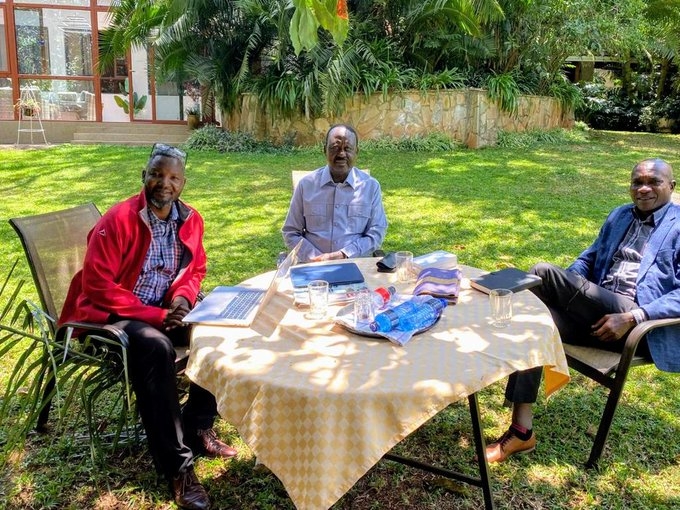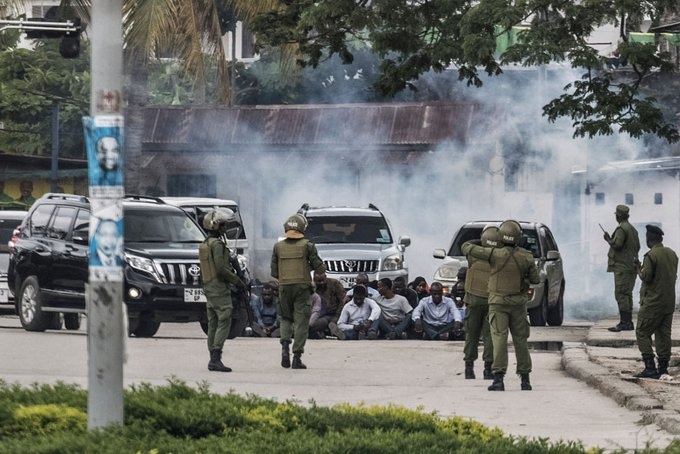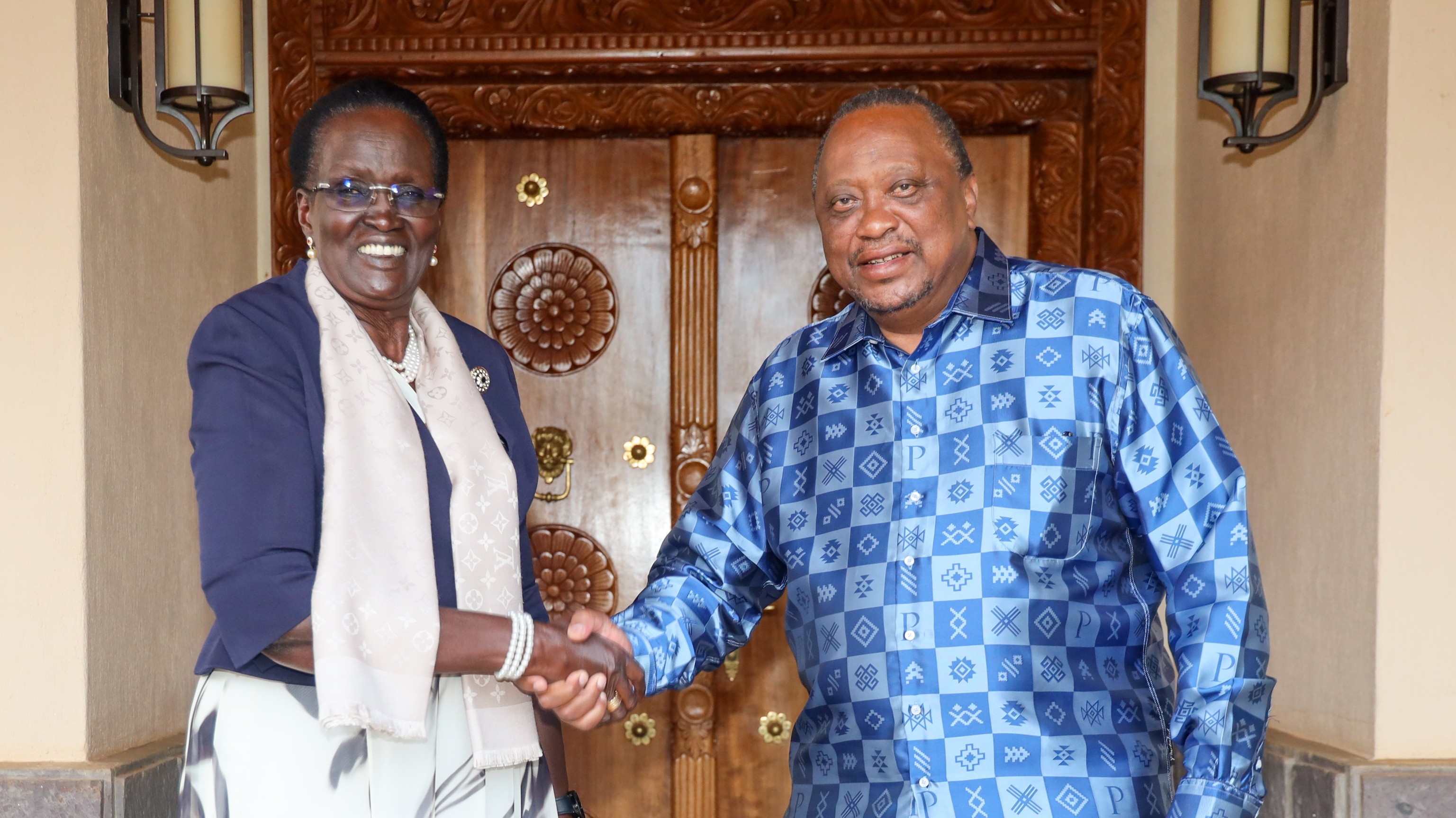The International Monetary Fund (IMF) has revised the 2019 global economic growth downwards to 3.2 per cent from the 3.3 per cent projected in April.
The Washington, D.C headquartered global lender has attributed the slowdown to escalating trade and technology tensions.
Some of notable trade disputes currently witnessed includes US-China wars and that between US and Iran that has led to a surge in global oil prices.
Also cited as a drawback is the possibility of a protracted risk-off episode that exposes financial vulnerabilities accumulated over years of low interest rates.
Geopolitical tensions and mounting disinflationary pressures that make adverse shocks more persistent have also contributed.
The lender also revealed that the global trade has decelerated rapidly during the ongoing trade tensions.
It now projects world trade will grow by 2.5 per cent in 2019, a downgrade of nearly a full percentage point in the forecast since April.
Earlier forecasts had anticipated a slowdown, but not this sharp. As recently as 2017, global trade in goods and services was growing at a robust 5.5 per cent
“Global growth is sluggish and precarious, but it does not have to be this way because some of this is self-inflicted,” said Gita Gopinath, the IMF’s chief economist said.
In sub-Saharan Africa, growth is expected at 3.4 per cent in 2019 and 3.6 per cent in 2020, 10 basis point lower for both years than in the April WEO, as strong growth in many non-resource-intensive countries partially offsets the lackluster performance of the region’s largest economies.
In advanced economies however, growth is projected at 1.9 per cent in 2019 and 1.7 per cent in 2020. The 2019 projection is 0.1 percentage point higher than in April, mostly reflecting an upward revision for the United States.
Kenya's economic growth is projected at 5.7 percent in 2019, a slight drop from the estimated 5.8 percent growth experienced in 2018, according to the World Bank Kenya Economic Update.












